The Women of ICNA Relief & How They Are Driven to Give Back to Communities in Need
Community
|
Dec 1, 2021
|
8 MIN READ
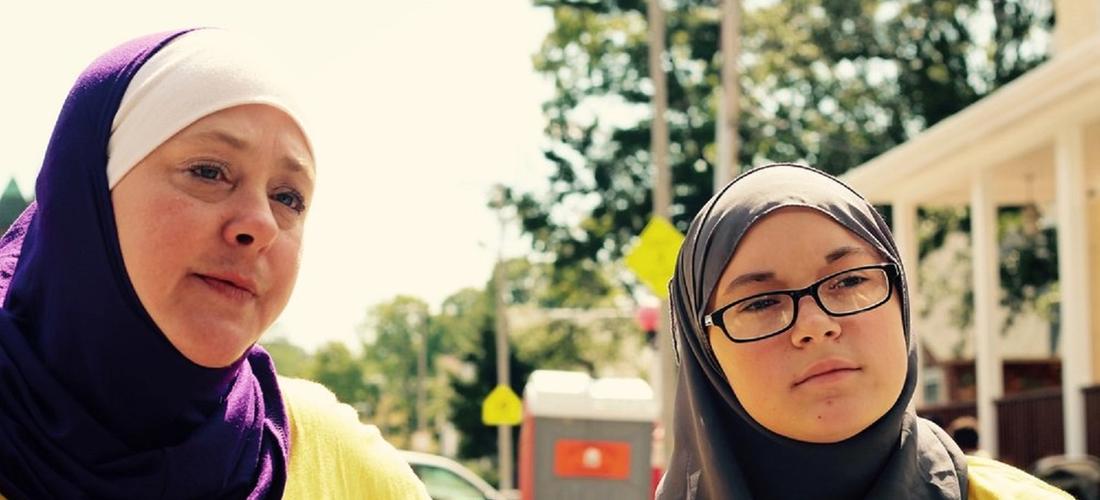
ICNA Relief National Director of Transitional Housing Malika Rushdan and her granddaughter. Image source: StuckOnReplay
Editorial note: All this month we are focusing on the stories of Muslim women working in charity, whether as the head of some charitable organization, doing volunteer work or anything in between. We want to explore what drives these women to give of themselves to others, how they balance that in their lives and what advice they have to encourage others to take up work to help those in need.
By Iqra Azhar
When it comes to sharing the stories of women working in all sorts of charitable efforts and organizations, the team at ICNA Relief is full of them. I recently joined ICNA Relief’s national marketing team and have been blessed to be a part of so many programs created to help those in need. These include co-hosting a webinar on foster parenting highlighting the differences between that and adoption/caring for refugee children, educating more than over 50,000 Americans about domestic violence, homelessness and hunger and, Insha’Allah, gearing up to work with ICNA Relief’s Back2School team, where kids receive school supplies and teachers receive grants for their classrooms.
My days are never boring or purposeless, and I am blessed to work with a number of dynamic, passionate and caring women without whom these programs wouldn’t be possible. I want to share the stories of four women working with ICNA Relief and hope that learning more about them will help you find your own ways to give back in your communities.
Hala Halabi, Director of Refugee Facilitation, Assistant Director of Muslim Family Services and Director of ICNA Relief Transitional Home (Dallas)
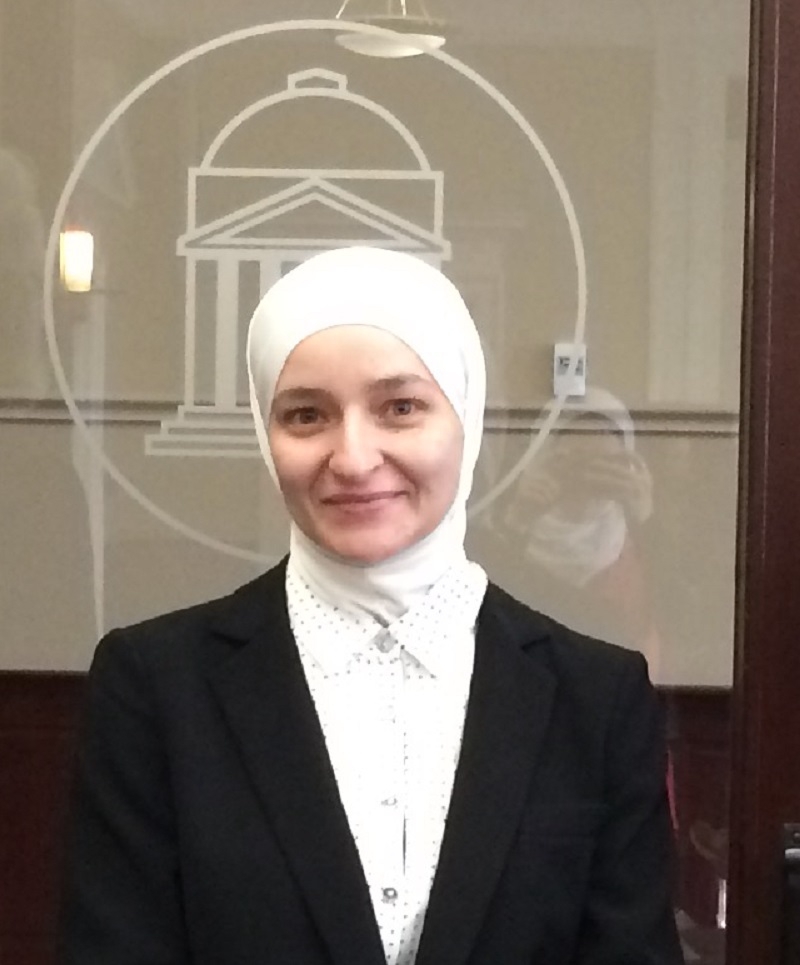
Hala Halabi
In 2005, a young Lebanese woman who had recently graduated from college in Arlington, Texas had begun collecting relief items to ship to other countries. She ran into a brother at the masjid, who asked her if she would help him with some relief efforts.
“Sure,” she said. “Which country?”
“Dallas.”
Like young Hala, many of us don’t realize the vast needs in local communities or the struggles of refugees across America in our own hometowns and neighborhoods. “Refugees go through many hardships before they arrive in America, and they keep facing hardships like language barriers, financial, cultural, social,'' says Hala, who began helping out local communities. “They need our support to start their new life here.”
Now on any given day, Hala can be found coordinating, emailing, calling, connecting and getting through with cups of black coffee – very unglamorous parts of charity work but that which can translate into some of the most rewarding results. On other days she helps with setting up furniture with her team of volunteers for arriving refugees, leads women at the transitional home through job applications or stocks groceries in the community fridge at the home.
“I always tell our kids [now] that it is our home, and it is our responsibility to give back and support our fellow brothers and sisters. We are planting the seeds of khair for them, and it is their responsibility to take care of it [going forward],” Hala says.
After 10 years at ICNA Relief, Hala has quite a few memories and even more exciting goals. “I am working on several educational projects for the refugees (Career Pathway, Youth Mentorship/Big Brother/Big Sister, women empowerment programs and different workshops, English as Second Language). Education is power and my passion is to provide opportunities for people to have access to that education.”
Hala works to balance her work and other responsibilities by trying to keep her weekends free to spend with family and friends. She goes to the gym to relax and also reads, reviews her Quran memorization and, yes, drinks a lot of coffee! She advises other women who want to excel in the nonprofit industry to just go for it: “You are strong, and you can do it. A lot of people need your help and support. You are special, and you can do a lot to improve your community.”
Malika Rushdan, National Director Transitional Homes
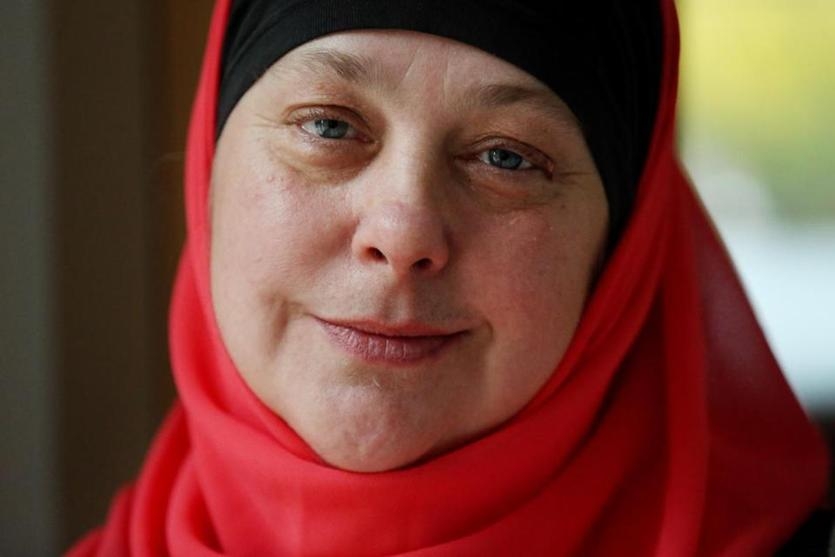
Malika Rushdan
Malika is a pioneering visionary and one of the longest working employees at ICNA Relief and the Director of Transitional Homes, a project Haute Hijab has supported in the past. Over the past 15 years she has seen countless homes open for women needing a safe space. The first transitional home opened in 2008 and currently ICNA has 24 homes for women and children, three of them being domestic violence shelters.
Malika says though she doesn’t get to do so enough, she loves directly working with housing program residents the most. “There is no better feeling than to impact someone’s life and see them succeed in their goals. An extra perk of the job is traveling throughout the country to meet with my staff and learn from one another,” she says.
She is most proud to create a program for a community in need and see it through to fruition. “ I’m also a visionary and see the world as it should be! This can be difficult at times when others don’t share your vision because there are so many needs within our community [that] need to be addressed, Insha’Allah. I am currently developing a model for senior housing which is long overdo and desperately needed within the Muslim community, Insha’Allah. I am hoping to be able to leave this as my legacy.”
Finding a balance between her personal life and work isn’t too challenging for Malika because her family is involved in her work. “My children and my grandchildren have grown up doing community service with ICNA Relief. However, it is difficult to balance work and personal life, especially when you are well known in the community. It seems you are never off the clock. In the Masjid or at the grocery store I am often approached by someone either seeking assistance or advice. This is both a blessing and a burden, however one I gratefully accept.”
For women who want to become leaders in the nonprofit sector, Malika says it won’t be easy, but it will be so worth it. “Do your homework and see what’s lacking in your community. Don’t reinvent the wheel. There are limited resources, and we shouldn’t compete for them. Collaborate when possible, together we go further.” She also advises youth to “be the change you wish to see in the world, and never forget your roots. When we seek to make the world a better place, we also benefit from it.”
Afshan Zakaria, Foster Care Advocacy, Training and Education (FATE) Coordinator
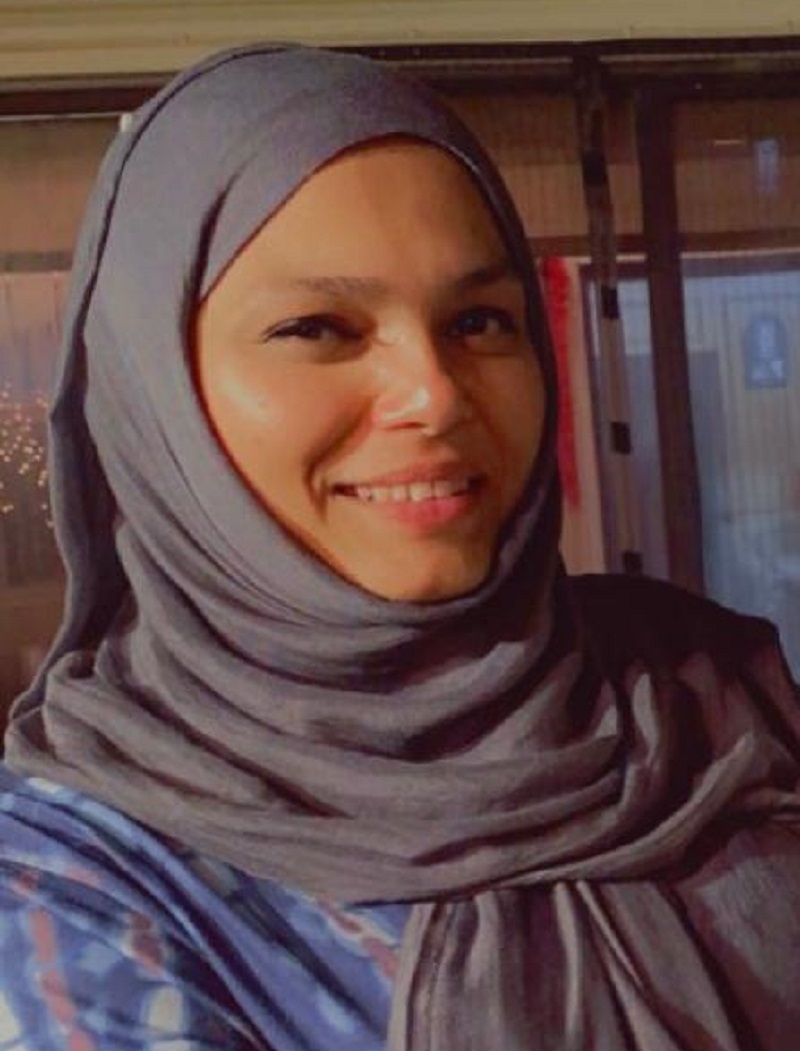
Afshan Zakaria
Most days you will find Afshan contacting foster care agencies, connecting foster parents with respite care and volunteers, organizing educational workshops with her team and so much more. At the end of a long day, Afshan spends time with her family, a cup of chai in hand. It is not unusual for her to take a call well after 10 p.m. and hear out distressed parents who have been separated from their children.
“The goal of the [FATE] program is to promote awareness of the issue of foster care, assist the children in the foster system, and revive the sunnah of [Prophet Muhammad (saw)],” she says. Her favorite part of her work is meeting and talking with people who want to help children. “Even though they have a comfortable home and a loving family, they are willing to open their home and hearts to a child in need. I am inspired by these people, and meeting so many wonderful people and being in their company brightens my day.”
Afshan is proud to work for a program that helps Muslim and non-Muslim children in foster care. “This is not only my work, but it's also going to be a source of sadiqa jariya (continuous charity) for me. My job allows me to work for my dunya and akhirah,” she says. “When I am able to meet someone's needs and they express their gratitude by making du’a for me, my heart is filled with humility and gratitude.”
She acknowledges that finding a work-life balance when doing this work is quite challenging because you always want to be there for someone in need. "People call me at 10 p.m., and I answer because what if it's a family whose children have been removed, and they are distraught and in need of guidance and support? But I also recognize that my family has haq (rights) over me and requires my time,” she says.
“I cook for my family, and we eat dinner together. We have lengthy discussions about life and how our days went. I try to read tafsir of the Quran with my daughter every day, even if it's only for 10 minutes. … My family understands my schedule, and so they don't contact me during work hours unless it's something very important. It's a struggle to get that perfect balance, but you try your best and then ask Allah Subhanahu Wata'ala for help.”
Dr. Reshma Khan, Director for Health Services and Founder & Executive Director of Shifa Clinic
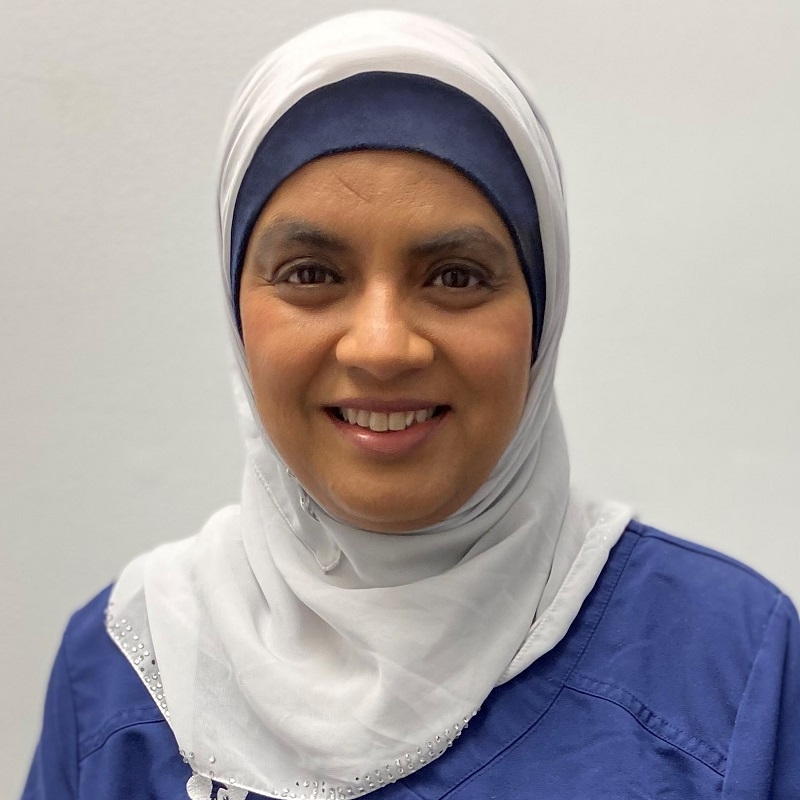
Dr. Reshma Khan
After studying and working in the United States. Dr. Reshma Khan began to recognize the needs of her local community and with that, a strong idea developed in her mind. With confidence and remembrance of Allah (S), Dr. Reshma dared to dream of a free clinic that offers a variety of services for all Americans in need. In January 2012, with the help of Allah (S) and the support of ICNA Relief, she made it a reality.
This free Muslim-run medical clinic is named the Shifa Clinic, and it offers a multitude of services especially aimed at women. Dr. Reshma, also a wife and mother, now overlooks seven free health clinics across the United States and has had her fair share of struggles in striking a sustainable work-life balance.
“Maintaining work-life balance requires constant adjustments, compromises and sacrifices,” she says. “I [have been] working on myself to be able to take care of my emotional, mental and physical needs. I can only give happiness to people around me if I am happy and peaceful. This understanding has changed my outlook and also given me more depth and ability to let go of things that previously I used to carry as a burden, thinking I have to ‘fix’ things for all.”
Having a strong desire to help those who are uninsured as well as wanting the pleasure of Allah (S) are the driving factors behind her grind. “Faith, accountability and time given to us in this world are the three things that have kept me going,” she says.
Dr. Reshma believes that God has created each and everyone of us with talents and traits that can be beneficial not only to oneself, but to others as well. “No matter the age, we all can give and share … truth and sincerity can reach anyone's heart, even if they do not understand your language or culture.” In her spare time, Dr. Reshma is also an active interfaith advocate and speaker and has won awards for her nonprofit leadership.
Iqra Azhar is part of ICNA Relief’s national marketing team.
We hope one (or all) of these today have inspired you to go out and seek your part in spending time or money or other efforts in the way of charity, as is encouraged in Islam. Perhaps you already are an active volunteer and have been able to find love and strength through the women featured this month on The Haute Take in this series. Whether you participate regularly in an organization or simply give back on certain days of the year, thank you for taking the time to read about women who have committed to this work.
Subscribe to be the first to know about new product releases, styling ideas and more.
What products are you interested in?

